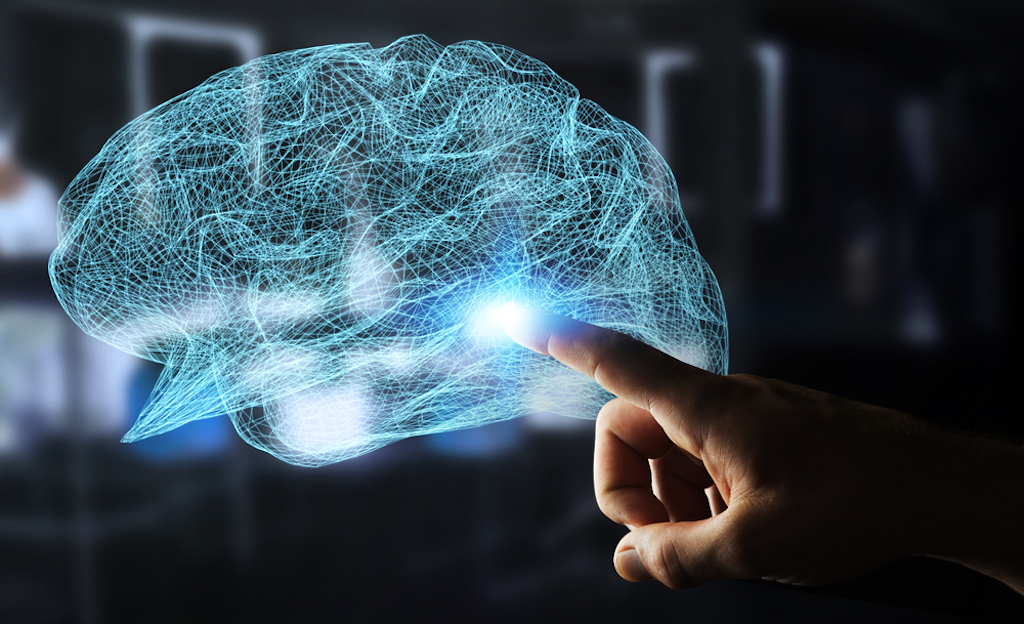
Sometimes, even our brains need a little boost. Whether you are a student, athlete, teacher, doctor, or whatever else, there is always a need for better cognitive function. The human brain is fragile and tends to want to cave in under the weight of mental strain. For some people, it’s not just about juggling one thing at a time. Many young adults and adults learn to handle the weight of their schooling, their careers, their families, etc. on their shoulders. This is a heavy burden to bear, and because letting the stress pile up is never a good idea, we as humans find ways to fuel our bodies and our minds.
Cognitive Goals and Worries
Whether you’re taking care of a project at work or attending a class in college, you are setting yourself up for a cognitive goal. These goals are set by the people around us: our bosses, our teachers, our colleagues, etc. and they are created and defined based on their expectations. A lot of these goals require quite a bit of effort, and in order to even dream of completing said goals you will need to find a way to active your own cognitive knowledge.
Most of the time, these are things that we learn as we go. Experience is gained from work, and lectures and reading materials gives us the information required to get through classes. However, there comes a point when the stress becomes too much. People who have a hard time seeing projects through or people who would procrastinate and wait until the very last moment. These are the people who need help in achieving their cognitive goals.
To Achieve and To Ease
Not being able to achieve your goals becomes a cause for worry. Stress can build up and affect the way in which memory is formulated. Everyone has different cause for worry, and sometimes not everyone’s body will react the same way to administered relaxants or stimulants. Because of this, the way to achieving one’s cognitive goals and easing their worries can be a bit confusing. It all has to do with how your body will be affected by the things you put into it, as well as the kind of benefits you think would most help you when going through your regular day to day responsibilities.
Some of the things that might be suggested to you might not work in the way you want it to, and that’s perfectly understandable. You’ll notice a lot of people taking supplements or pills, and of course there are cultures that revolve their own modern day customs around teas and coffee. It’s all a matter of finding the right thing for you and making it work. These things are called nootropics. Familiar names might include green tea or just caffeine in general. Green tea is a well-known drink that has been proven to benefit one’s memory and brain functionality, as well as a number of other cognitive and physical benefits.
Conclusion
The way to finding your own inner peace is a long one, and there is never any right or wrong answer. There are universal ingredients like L-theanine or more familiar ones like caffeine that are known to work for the general public. However, when it comes down to it, it’s about figuring out what your body needs to keep your brain happy.



